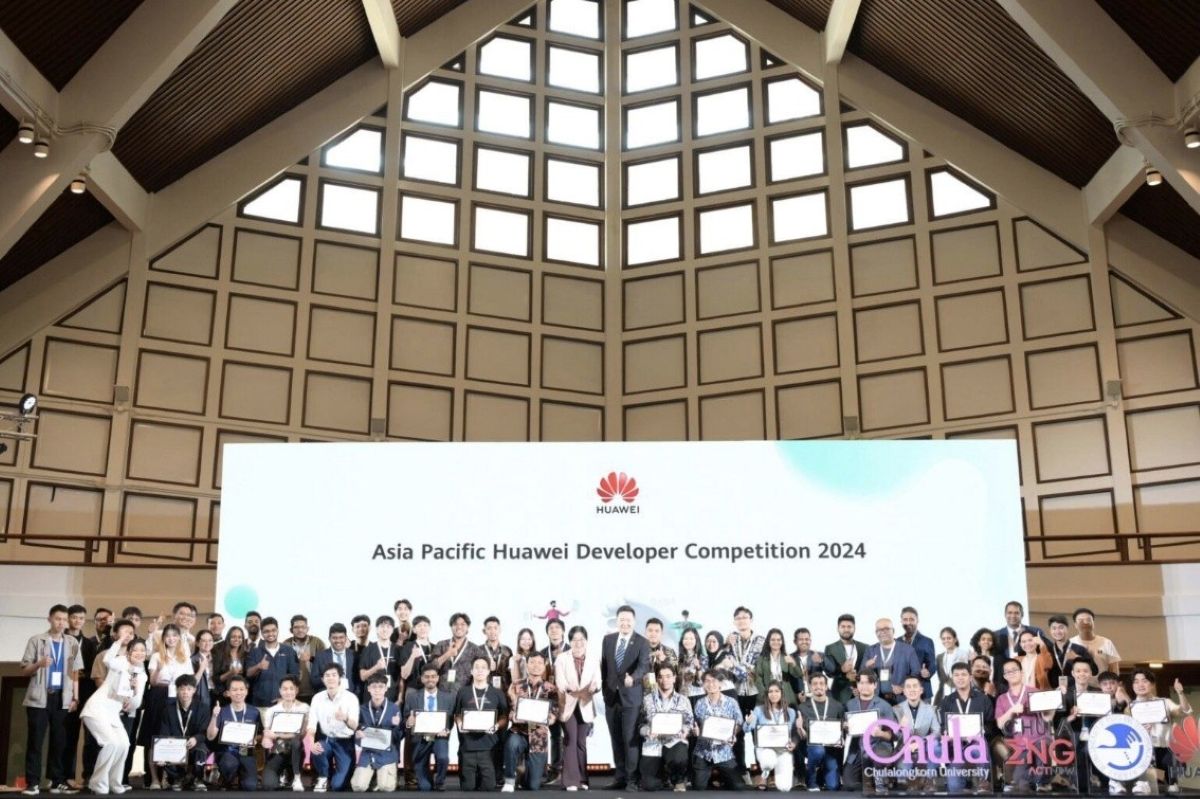Three students from Institut Teknologi Bandung (ITB) have secured a place in the top nine finalists of the Huawei Developer Competition Enterprise Track 2025 with their innovation, the Integrated Building Automation Management System (IBAMS).
The team Achmad Mirzaq Nizar (Mechanical Engineering, 2021), Ardhan Nur Urfan, and Sultan Alta Alvaro Valencia (Information Systems and Technology, 2021) competed under the guidance of Ahmad Izzuddin, S.T., M.T., from ITB’s Telecommunication Engineering program.
IBAMS is a cloud-based building automation system that integrates subsystems such as HVAC, adaptive lighting, security, and utilities into a single, real-time platform.
This system uses artificial intelligence to predict energy consumption patterns, optimize electrical loads, and automate responses to changes in environmental or occupancy conditions.
Centralized Automation Driven by AI and Cloud Technology
In many buildings, smart systems like HVAC or security operate independently. IBAMS offers a unified solution by combining these subsystems under a centralized data-driven platform.
The aim is to achieve greater energy efficiency, enhance occupant comfort, and support environmental sustainability.
IBAMS was built with open architecture, allowing integration with third-party systems and application across various building types.
From Proposal to Prototype: ITB Team Reaches Global Final in Bangkok
The Huawei Developer Competition is an international event that promotes cloud-based innovation across two main tracks: student and enterprise.
The ITB team entered through the enterprise track, which involves more advanced solution development.
Beginning in November 2024, the competition included a strict selection process.
The IBAMS proposal advanced to the top 25 semifinalists, where the team delivered an online pitch presentation.
They were then selected to present at the grand final in Bangkok, Thailand, on January 21, 2025.
At the final stage, the team presented a functional prototype, complete with a comprehensive product demo and a video introducing the team, in front of international judges and a professional audience.
Practical Benefits for Building Management and Environmental Goals
IBAMS brings real-world benefits not only in technical performance but also in social and ecological aspects.
For building owners and managers, it reduces operational costs and improves comfort for occupants.
For technology providers, the open system design and real-time analytics create opportunities for enhanced service delivery.
The system also supports broader environmental goals by directly contributing to carbon emission reduction and accelerating the shift toward smart, low-emission cities.
PHOTO: ITB
This article was created with AI assistance.
Read More






 Thursday, 26-02-26
Thursday, 26-02-26







